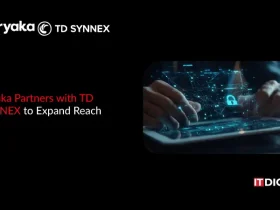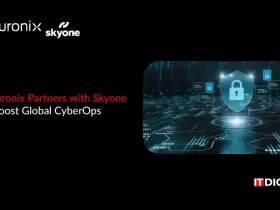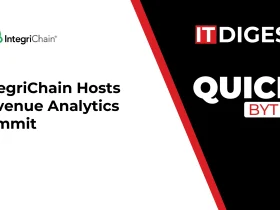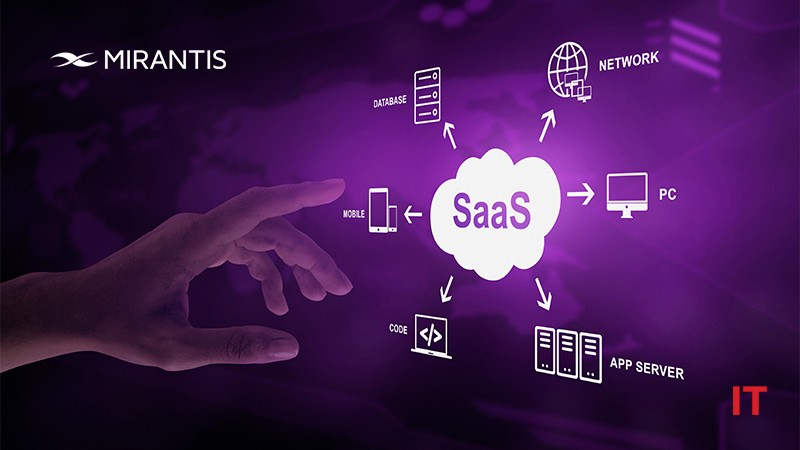Mirantis, freeing developers to create their most valuable code, launched Lens AppIQ, available directly to the 50,000 organizations who use Lens directly in Lens Desktop and as (Software as a Service) SaaS.
Lens AppIQ provides application intelligence – collecting information from many different configuration files and sources and assembling it in a simple, tabbed display. This enables cloud-native developers to release and manage Kubernetes applications faster and easier; providing web-based tools for viewing application information, configuring security and compliance policies, and automating deployment.
Lens AppIQ can be launched from Lens Desktop in under a minute; swiftly discovering applications on a connected cluster and mapping their components. From within Lens Desktop’s new ‘Applications’ view, or via the Lens AppIQ web portal, developers can quickly visualize application details – architecture, metadata, logs, events, and more – enabling easier debugging, faster code releases, and continuous performance optimization.
DevOps, platform engineers, and operators can use Lens AppIQ to more easily define, monitor, and enforce policies governing application performance, security, and compliance. Lens AppIQ automation helps make deployments repeatable and enables quick application portability to new Kubernetes environments.
“While Lens Desktop already provides an incredibly user-friendly experience for Kubernetes management, we understand that cloud-native development doesn’t end there. That’s why we’ve created Lens AppIQ,” said Miska Kaipiainen, vice president of engineering, Mirantis. “Lens AppIQ complements Lens Desktop by offering real-time intelligence and additional insights into the apps running on your Kubernetes clusters. This not only makes debugging, operation, and security easier but also opens up Kubernetes to a broader audience of developers who can benefit from streamlined processes without having to become Kubernetes experts. Both solutions can work independently, yet they are most powerful when used together.”
Lens AppIQ is available free forever for small-scale and trial use (up to 10 nodes, two clusters, and two users). A Pro plan is available for larger scale use (up to 100 nodes, 10 clusters, and 50 users) at $35 per node monthly, that includes 8 hours/5 day (business hours) support. A bespoke Enterprise version with 24 hour/7 day support is also available, with custom pricing.
SOURCE: Businesswire

































